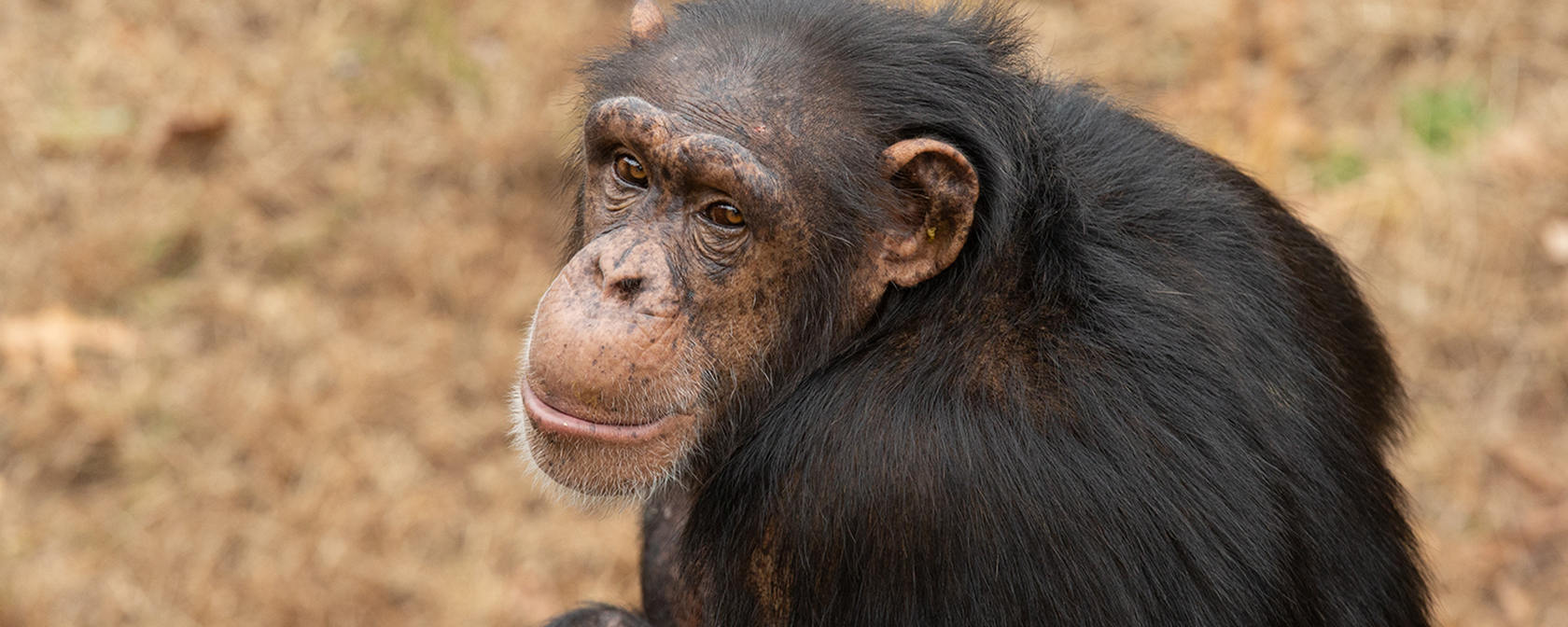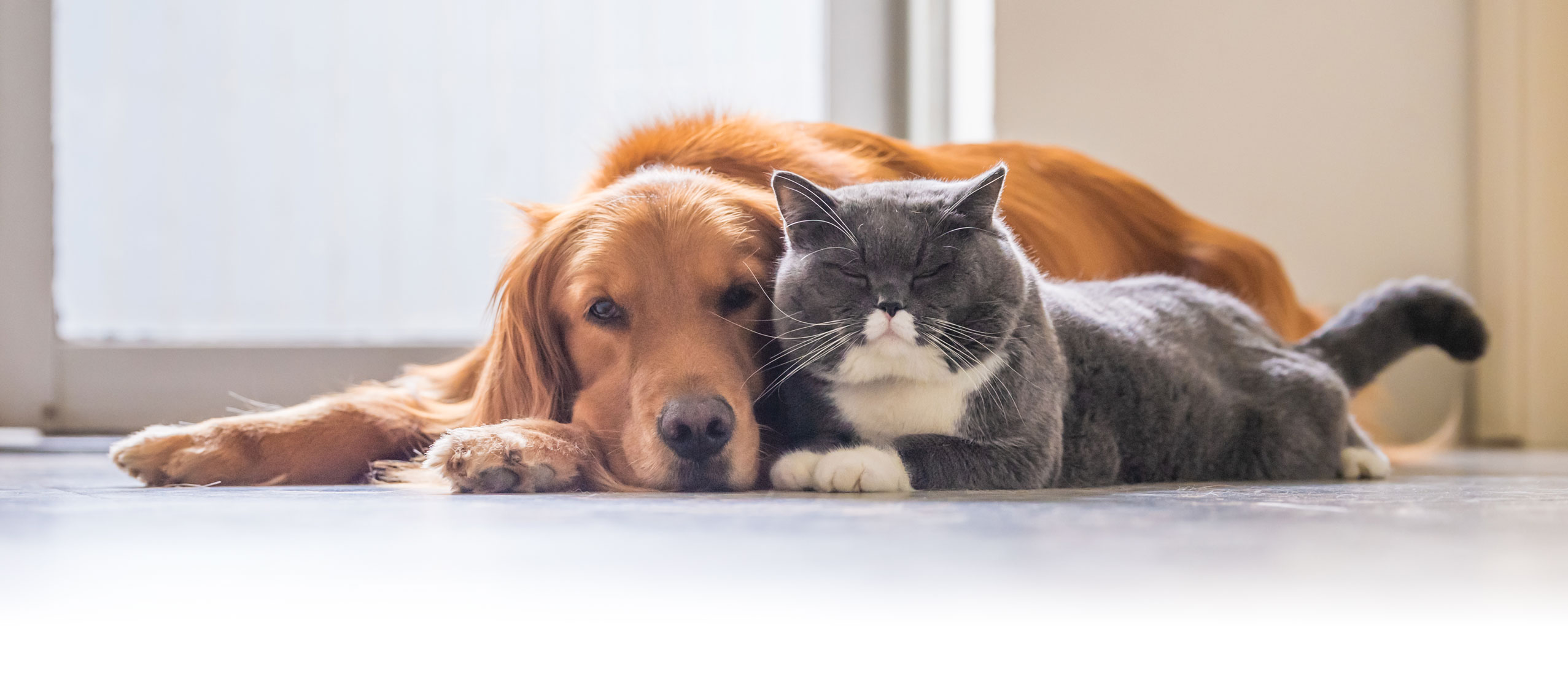The 2025 Virginia Humane Scorecard is now available online and demonstrates the commonwealth’s commitment to combatting animal testing. From nonhuman primates to dogs, state lawmakers passed critical bills defending the most vulnerable animals in our care.
With Virginia’s statewide elections just around the corner, it is an important time to check out lawmakers’ scores and make your voting plan for Primary Day on June 17, 2025. We have the power to elect and re-elect those who take action for animals. We also have the power to oust those in power who refuse to defend our furry and feathered friends. By uniting around candidates who understand the importance of fighting for all animals, we can work toward a cruelty-free world.
Using the Scorecard
This year’s Virginia Humane Scorecard includes bills that were considered by the Virginia General Assembly. Here is a list of each bill and how to read the scorecard.
-
Pet Shop Violations and Reporting (SB 903): A ✓ indicates a vote in support of amending Virginia's regulations for pet shops, requiring them to register annually with the Department of Agriculture and adhere to standards for animal care, including adequate shelter, exercise and treatment.
Pet shops are prohibited from selling animals to research facilities and must comply with annual unannounced inspections. It also sets penalties for violations, including civil fines up to $1,000 per violation, and establishes that pet shops can only procure dogs from licensed, humane sources. Additionally, pet shops must maintain detailed records of dog procurement and ownership, and individuals with certain animal-related convictions are prohibited from working in pet shops. Sen. Bill Stanley (R-20) sponsored this legislation.
-
Primate Sanctuary (SB 907): A ✓ indicates a vote in support of requiring state-run animal testing facilities in Virginia to consider releasing nonhuman primates no longer needed for research to certified sanctuaries.
In consultation with the facility's attending veterinarian, the facility must evaluate appropriate care and may enter agreements with sanctuaries to ensure the animals' welfare. Sen. Bill Stanley (R-20) sponsored this legislation.
-
Boarding Facility Inspections (SB 1051/HB 2313): A ✓ indicates a vote in support of directing the Virginia Department of Agriculture and Consumer Services to form a work group, including the State Veterinarian and relevant stakeholders, to evaluate the need for state licensing and regulations for animal boarding establishments.
The group will consider requirements like those for public and private animal shelters and must report its findings to legislative committees by December 1, 2026. Sen. Adam Ebbin (D-39) and Del. Alfonso Lopez (D-03) sponsored this legislation.
-
Animal Testing Transparency (SB 1127): A ✓ indicates a vote in support of requiring Virginia animal testing facilities, contract testing facilities and manufacturers using animal testing methods to publicly share key documents related to their animal use and compliance.
They must post links to their annual U.S. Department of Agriculture reports and, within 30 days, publish any USDA inspection reports, enforcement actions or related documents. Facilities run by institutions of higher education must also notify leadership if cited for critical noncompliance. These requirements do not apply to federally owned or controlled facilities or private veterinary practices. Sen. Bill Stanley (R-20) and Sen. Jennifer Boysko (D-38) sponsored this legislation.
Additional pro-animal bills were introduced this session but did not become law. These include SB 1125, a bill that would have prohibited the premature separation of captive-born mammalian wildlife from their mothers, as well as ban commercial crossbreeding to create hybrid mammalian wildlife. Sen. Jennifer Boysko (D-38) sponsored SB 1125. Additionally, SB 916, sponsored by Sen. Saddam Salim (D-37), stalled in the General Assembly. SB 916 would have mandated the Department of Agriculture and Consumer Services to convene a working group to review data on the sale of dogs and cats by pet shops. Votes on both SB 1125 and SB 916 are graded in the 2025 Virginia Humane Scorecard.
About our methodology
Humane World Action Fund acknowledges the limitations of judging legislators based on a few votes on animal issues, however important those issues may be. In some cases, legislators must miss votes for unavoidable reasons, such as a death in the family, serious illness, birth of a child or emergency in their district. Additionally, some bills may have good intentions but include problematic language or have unintended legal consequences.
There are many potential reasons a legislator votes a certain way—even more reason to engage with your elected officials directly and ask them their positions on various issues. In assessing the record of your representatives, and your strategy for engaging them in the future, do consider unrecorded matters such as committee participation and performance, House or Senate leadership posts, constituent engagement and responsiveness, and the other animal protection bills not included in this scorecard.
The full 2025 Virginia Humane Scorecard, and scorecards from previous sessions, can be found online at humaneaction.org/state-scorecards.
Please share this scorecard with family, friends, and fellow advocates to help spread the word! We have made immense progress this year but there is still more to be done. We can continue to make Virginia a better place for wildlife and companion animals alike by putting this scorecard into action at the ballot box this year. Remember, when we elect humane candidates, we make a difference for animals! Humane World Action Fund urges all Virginians to vote compassionately.
Visit the Virginia Department of Elections to learn more about how to vote in this year’s state primary and general elections.




